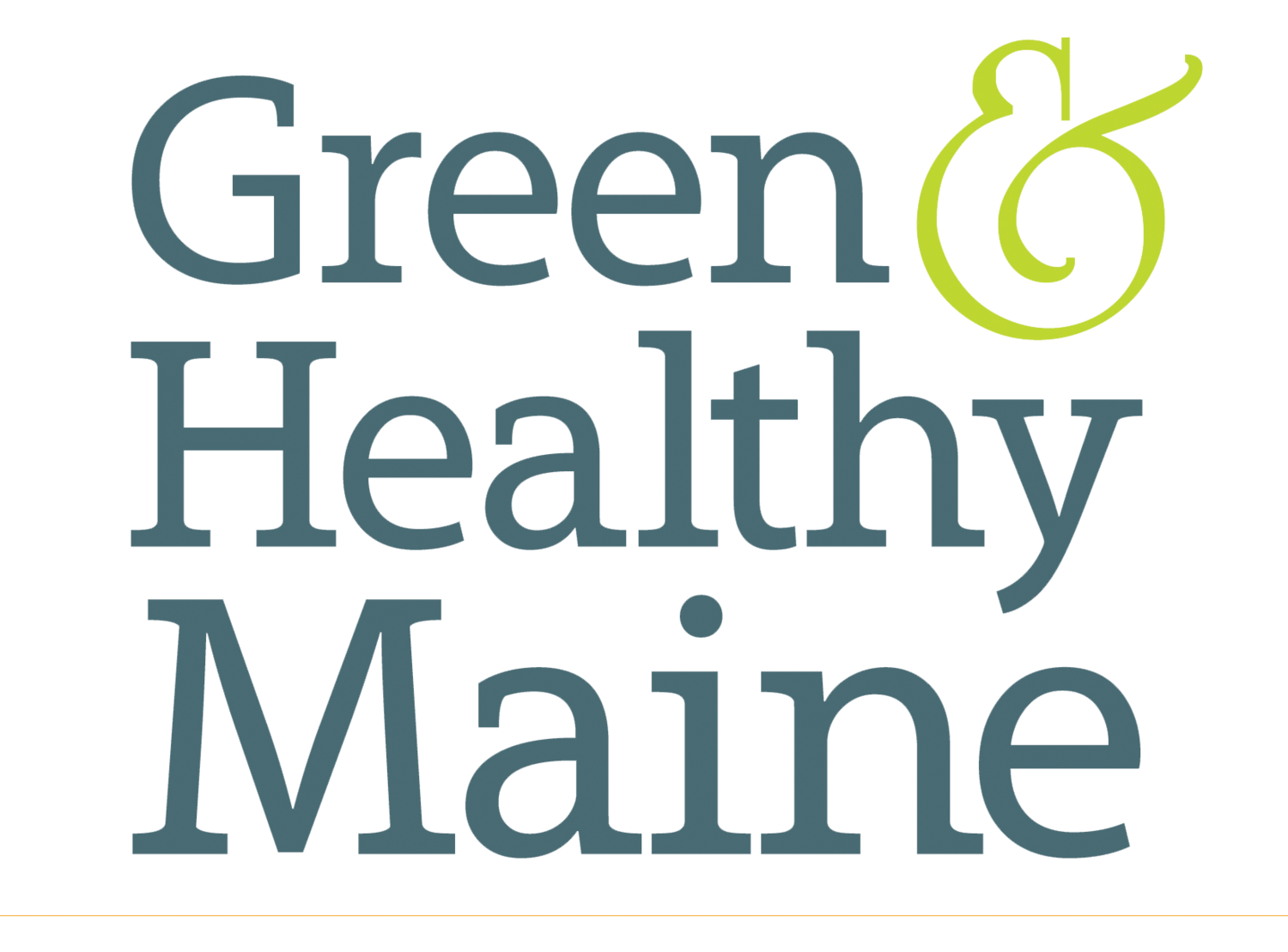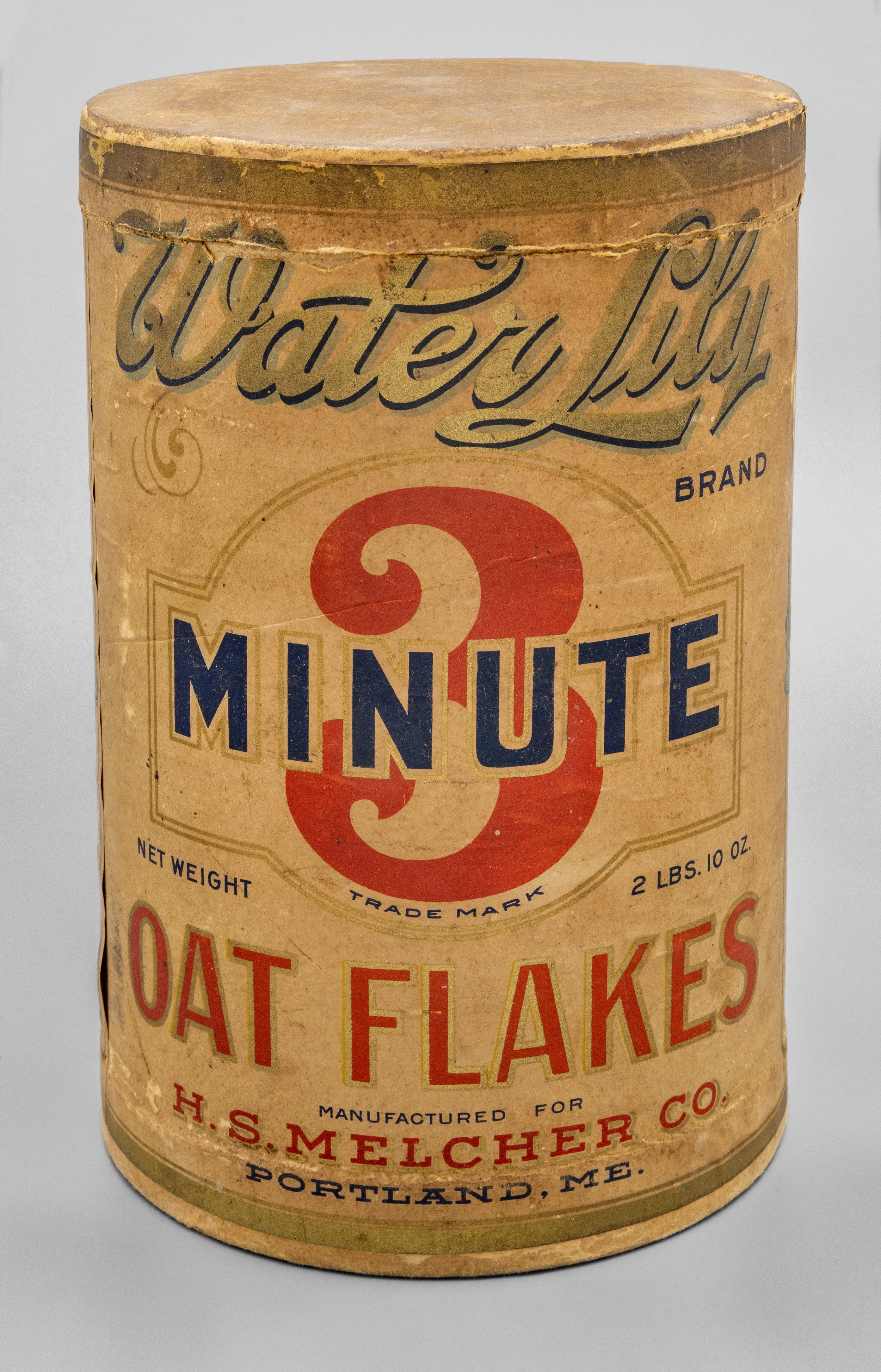On exhibit: Maine’s Untold Vegetarian History
By Amy Paradysz
Water Lily oat flakes container, circa 1890. Horace Melcher’s Fore Street business in Portland was the exclusive distributor of Water Lily products in the 1920s. COLLECTIONS OF MAINE HISTORICAL SOCIETY/MAINEMEMORY.NET #149778
THINK THAT VEGETARIANISM is a modern-day development? Think again! “Maine’s Untold Vegetarian History,” an exhibit at Maine Historical Society, features stories and items from our vegetarian past going back three centuries.
With what you learn at this exhibit, next time you eat a s’more you might consider yourself to be taking a stand for justice (if you’re using dairy-free chocolate and gelatin-free marshmallows). That’s because early vegetarianism was called “Grahamism” after Sylvester Graham, who preached vegetarianism and popularized the whole wheat flour used in the crackers that bear his name. When Graham lectured in Portland in 1834, a riot ensued at the Temple Street Church because—like many vegetarians of the time—he saw all bodies as equal, which was a radical position in a time of gender and racial inequality.
Three decades later, a Gorham woman named Ellen G. White—one of the founders of the Seventh-day Adventist church—had a vision that a vegetarian diet is ideal for humans. She and her Christian followers founded vegetarian food businesses, notably the Battle Creek Sanitarium health resort run by Dr. John Harvey Kellogg of Kellogg’s cereal fame. Ponder that next time you fill your bowl with Corn Flakes.
Canned and packaged foods, historic manuscripts, books, menus, maps and photos illustrate vegetarianism’s deep roots in Maine in this first-of-its-kind exhibition cocreated by Avery Yale Kamila and John Babin. A companion booklet of Maine vegetarian history essays by Kamila—the Vegan Kitchen columnist for the Portland Press Herald / Maine Sunday Telegram and a contributor at Green & Healthy Maine—accompanies the exhibition and is available at the Museum Store.
Visit Maine Historical Society (489 Congress St., Portland), Tuesday through Saturday, through Dec. 31, 2024 or from Feb. 11, 2025 through May 17, 2025 (the museum is closed in January).












Whether you’re looking for a quick bite or a spontaneous picnic, there’s likely a food truck gathering near you!